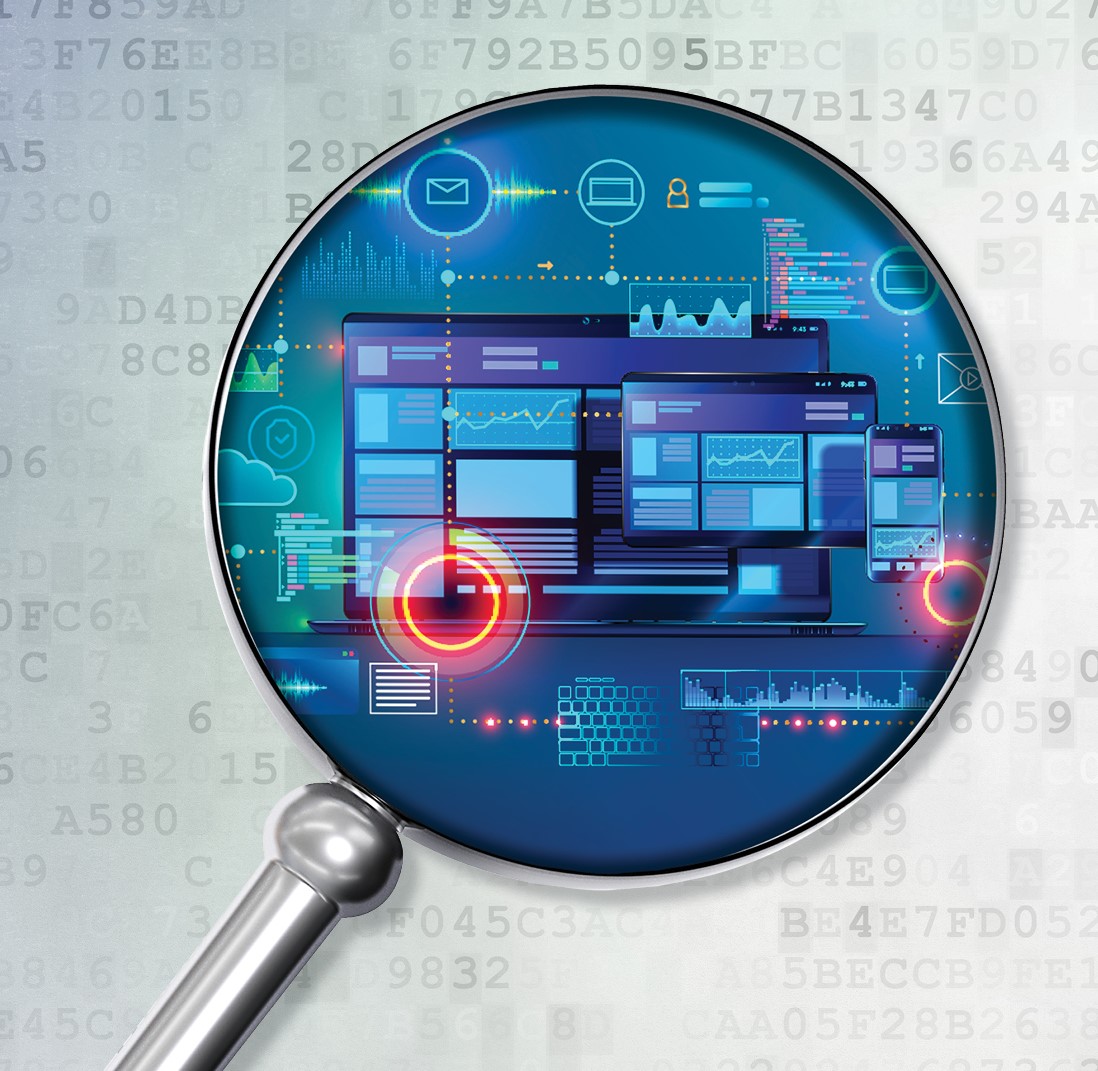The COVID-19 pandemic challenged us to strengthen communications and transition engagements to the virtual world. Learn how we mastered virtual classes to conduct effective sales training around the world.

Our Initial Plan
Early this year, we were planning a wide scale in-field training for our sales teams worldwide. The plan was simple: a team of trainers to visit each and every Radware office and conduct a full day training class designed for the local Regional Sales Managers. Content was ready, as were the case exercises.
Then came COVID-19. The outbreak forced us to cancel all trips and challenged us to rethink how to enable our sales force remotely. We learned how to use virtual classes to conduct effective sales training around the world.
[You may also like: A Changing World Requires a Changing View of Security]
3 months later…
As of today, we have concluded over 70 remote training workshops worldwide. We covered key solution areas such as DDoS mitigation, Web Application Firewalls (WAF), bot management and Application Delivery Controllers (ADC). All are quite complex solutions that require extensive networking and security background and integrate with hybrid application infrastructure, including public and private cloud environments.
How to Conduct a Great Remote Training Workshop
In this blog I would like to share our experience and best practices to conduct effective remote training sessions. So lets get started:
Plan your time. Overall training sessions should take no longer than 3 hours. This is the overarching time frame your audience can bear with you. Take into account that every hour or so you should allocated a 10-15 minutes break.
[You may also like: Distributed Offices Pose Our Next Great Challenge]
Start with a clear WIIFM ("What's In It For Me"). Everyone should understand, right at the beginning of your training, what will be the outcome of the workshop and why is it relevant to them.
Don’t overwhelm the audience with content. Delivering a presentation? Divide it into consumable nuggets of 15 to 20 minutes. Allocate 5 minutes at the end of each session to challenge your audience with questions. This will keep them active in the training.
Be interactive. Be interactive. And again, be interactive. Confucius' tripartite expression encapsulates an influential approach to education: Tell Me and I Forget; Teach Me and I May Remember; Involve Me and I Learn.
[adbutler zone_id="276005"]
This should be your guideline to plan a great training session:
- Use a demo, case exercise or role-play to get your audience involved. This should be a major part of your training.
- Use Webex breakout rooms to divide your audience into smaller teams and assign each team with a task. At the end of the exercise, let everyone back to the main sessions to review their job.
- Feedback is critical. Ask the other teams to provide feedback. You will be surprised how good sales reps are when they have to critique the performance of their colleagues.
- Summarize each session and connect to the WIIFM.
Use the right collaboration software services. Both Webex and Zoom are ideal for remote training sessions, as they allow participants to see each other and offer dynamic session management by assigning participants into smaller work groups (breakout rooms). The trainer can join the breakout rooms to supervise the learning.
Video, Video, Video. Ask all participants to turn on their cameras. It may seem of lower importance, but in the virtual world, seeing each other highly elevates the learning experience.

Read Radware's “2019-2020 Global Application & Network Security Report” to learn more.
Download Now